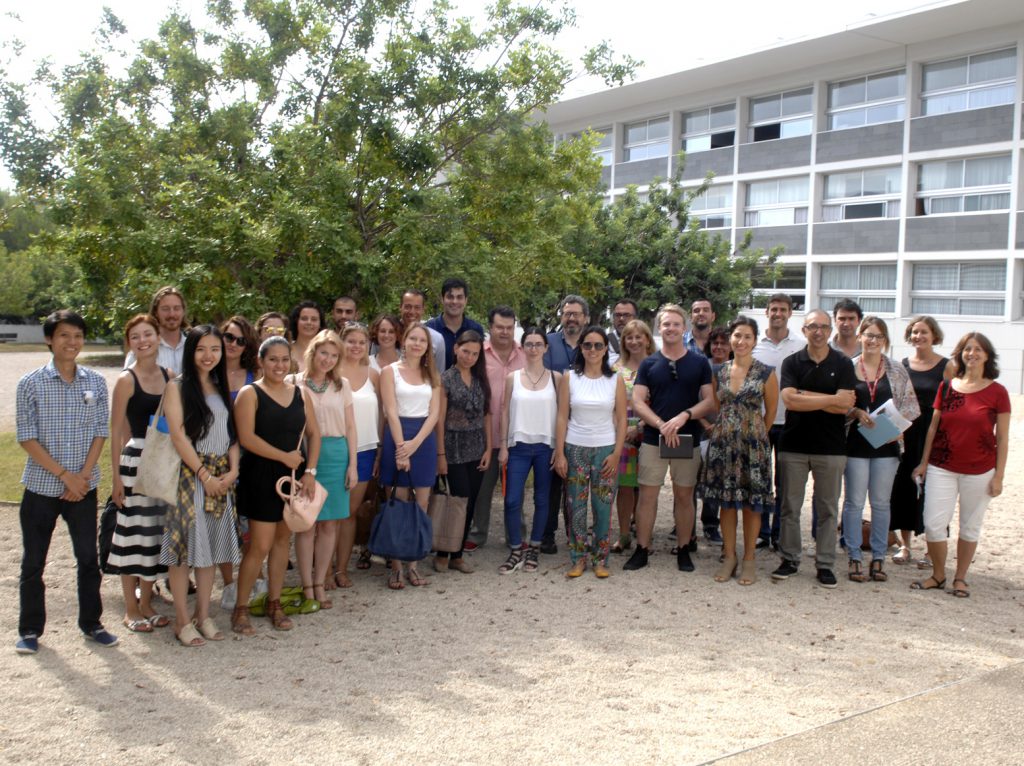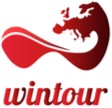- What is WINTOUR?
- Universities
- Structure & Curriculum
- INTERNSHIPS
- field trips
- Degrees awarded
- EMA Association
- ► First Semester – Year 1 – URV
- Second Semester – Year 1 – UBx
- Third Semester – Year 2 – UP
- Fourth Semester – Year 2 – Master Thesis


|
Optative courses (6 ECTS) |
CONTENTS |
|---|---|
|
Adaptation to tourism (3 ECTS) |
|
|
Adaptation to Economics and Marketing (3 ECTS) |
|
|
Adaptation to geography (3 ECTS) |
|
|
Adaptation to oenology (3 ECTS) |
|
|
Adaptation to practical winemaking (3 ECTS) |
|
|
Compulsory courses (24 ECTS) |
CONTENTS |
|
Wine tourism sustainable planning and development (6 ECTS) |
|
|
Wine tourism marketing (6 ECTS) |
|
|
Wine heritage I: history and territories (3 ECTS) |
|
|
Wine tourism heritage experience design and interpretation tools (3 ECTS) |
|
|
Sparkling wine production (6 ECTS) |
|


.mp4)